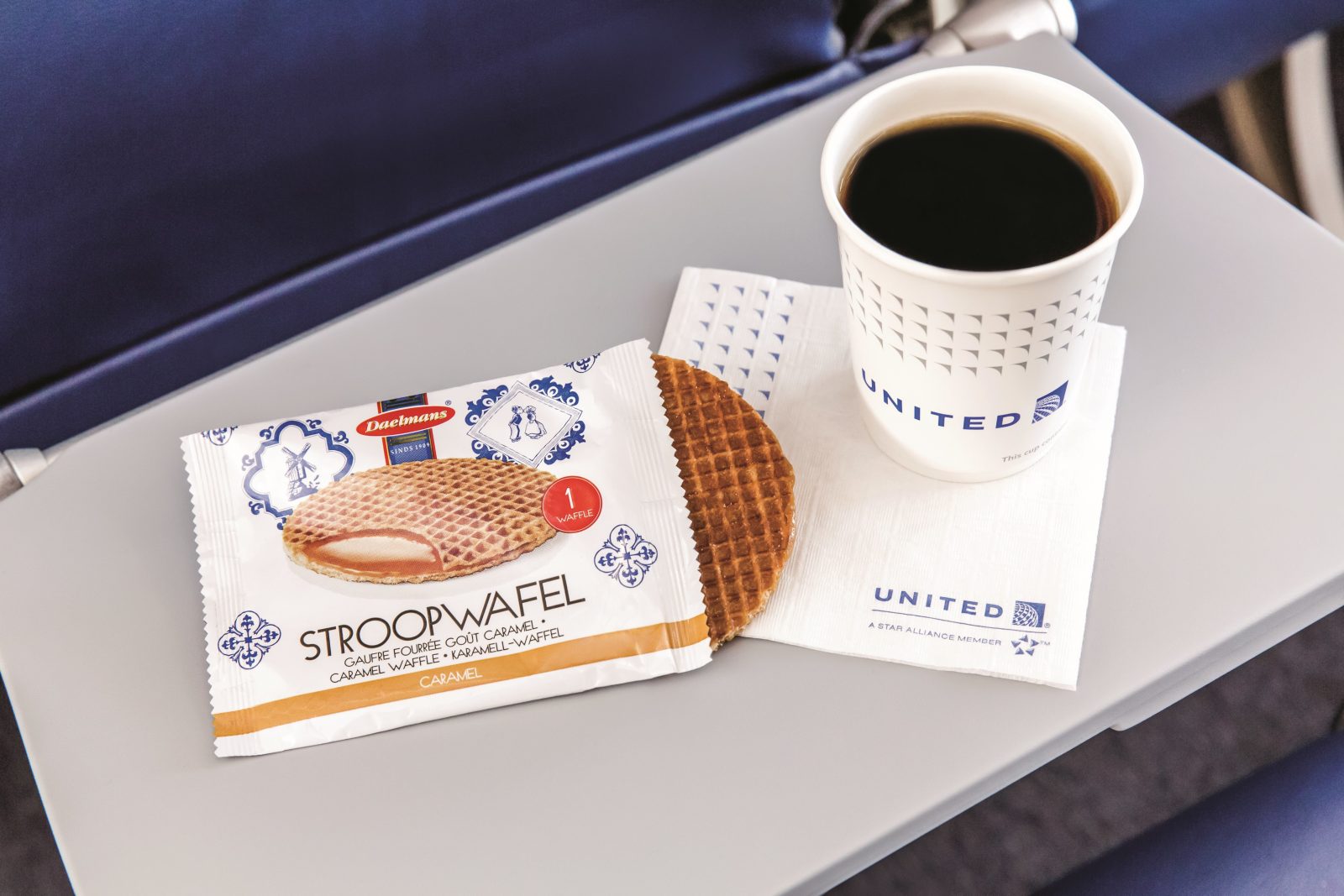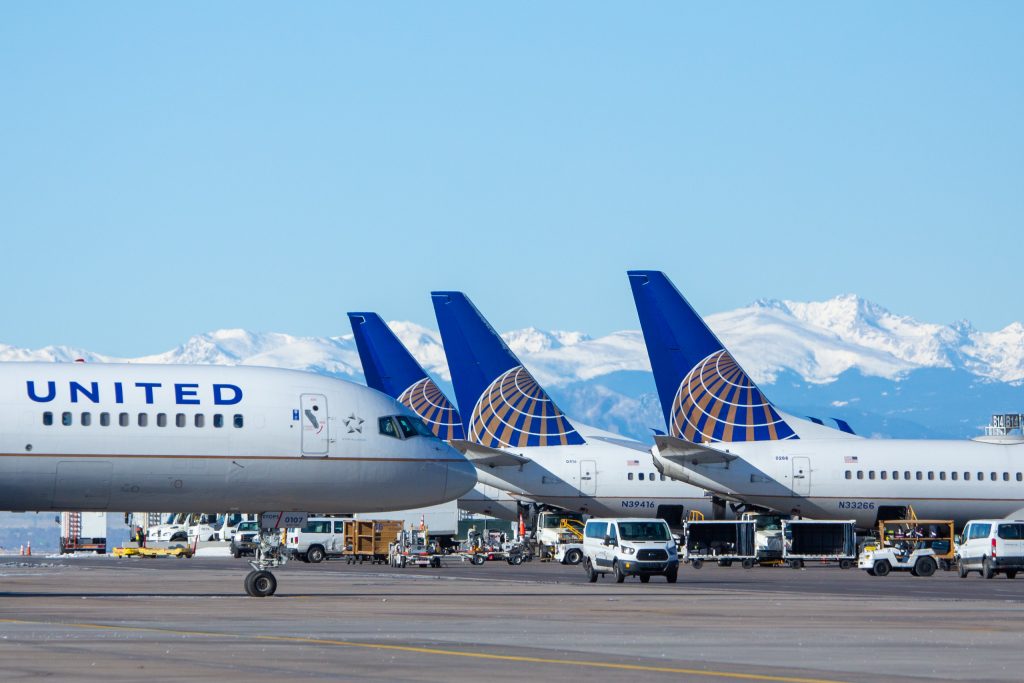
United has moved to calm the nerves of flight attendants anxious about the airline’s decision to bring back buy-on-board snacks on select flights even as much of the United States experiences a surge in COVID-19 infections and hospitalizations. Like many carriers, United dramatically scaled back its inflight service during the peak of the first wave but is looking to address customer complaints over the lack of food and drink offered on many of its services.
“Some of you shared concerns that more food and beverage onboard means more customers without masks for longer periods of time,” acknowledged Mandeep Grewal, United’s Vice President of Customer Strategy and Innovation in an internal memo shared with the airline’s flight attendants and published by Live and Let’s Fly.

“We are working hard to maintain a safe environment while providing customers an enjoyable travel experience. You have my commitment that we will be thoughtful with our testing and the reintroduction of for purchase food and beverage. We will continue to evaluate any and every change made and work with the Cleveland Clinic to ensure we are using the best cabin safety practices,” the memo continued.
For now, the option to purchase food and drink onboard will only be available on flights from Denver to the following destinations: Boston (BOS), Chicago O’Hare (ORD), Honolulu (HNL), Houston (IAH), Los Angeles (LAX), Newark (EWR), San Francisco (SFO), Washington Dulles (IAD), and Washington National (DCA).
Presumably, United will evaluate the experiences of both customers and flight attendants on these flights with the intention of rolling out its buy-on-board service across many more routes.
But flight attendants are still concerned that this isn’t the right time to be experimenting with a service that will mean more customers are taking off their face masks for longer periods of time. According to date from John Hopkins University, the United States has now recorded over 11 million COVID-19 cases and more than 246,000 deaths as a result of the virus.
And the rate of transmission is growing quickly. The US recorded more than one million new cases in the last six days. There are very real fears that the country could be detecting more than 200,000 cases every single day within weeks.
The CDC and President-Elect Joe Biden believe widespread mask-wearing is a vital way to drive down the spike in cases. But that only works if people consistently wear masks in places where social distancing can’t be maintained.
“COVID-19 cases are up across the country and your concern is definitely warranted,” Grewal admitted in the recently released memo. “That said, the reality is that customers are asking for more food and beverage choices, especially on longer flights.
You may have noticed that many customers are bringing their own food on board – so it’s not that customers aren’t eating or drinking. We believe that by providing additional food and beverage choices, we can better control how long customers are without their face covers and have better control of what comes on board, allowing for safer handling of trash,” the memo continues.
In an attempt to mitigate some of the concerns shared by flight attendants, Grewal said the buy-on-board service would only be introduced on flights over 800 miles where customer inevitably get hungry and thirsty. The airline will also require passengers to register their credit card through the United app so that all payments are made contactless.
And finally, Grewal says passengers will be limited to purchasing just one beer or wine during each pass of the beverage trolley – both to avoid extended periods of sipping without a mask or and to avoid drunkenness which lower someone’s perception of risk. Hard liquor will not be loaded during this initial experiment.
Last month, research from the U.S. Department of Defense which used coughing mannequins on United aircraft suggested the risk of being infected with COVID-19 on a plane was “almost non-existent”. That study, however, assumed that passengers would be wearing an appropriate mask for the entire time they were on board the aircraft.
It’s not known whether the risk would be greater if passengers remove their face masks for periods of time to consume food and drink.
Mateusz Maszczynski honed his skills as an international flight attendant at the most prominent airline in the Middle East and has been flying ever since... most recently for a well known European airline. Matt is passionate about the aviation industry and has become an expert in passenger experience and human-centric stories. Always keeping an ear close to the ground, Matt's industry insights, analysis and news coverage is frequently relied upon by some of the biggest names in journalism.







